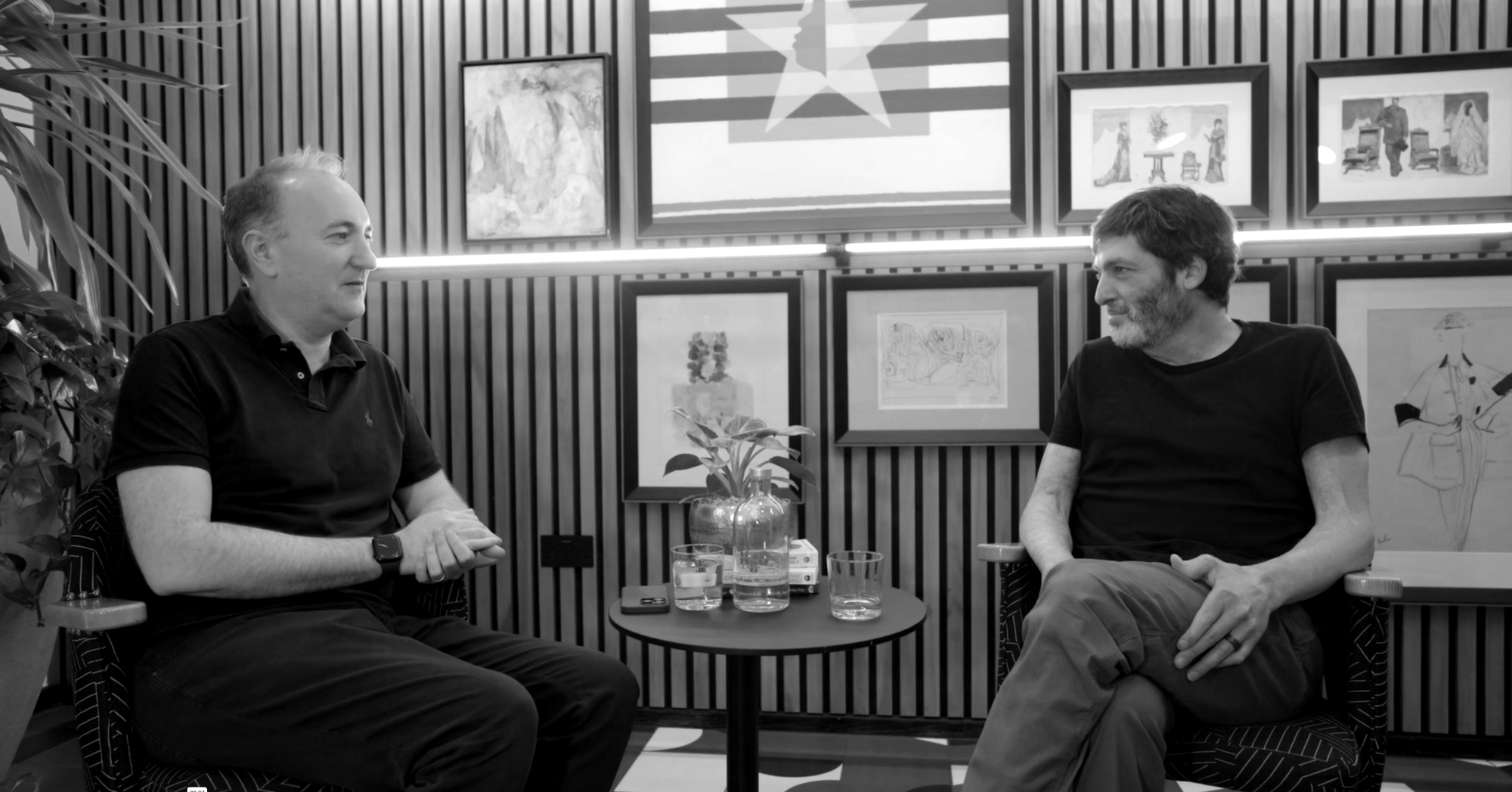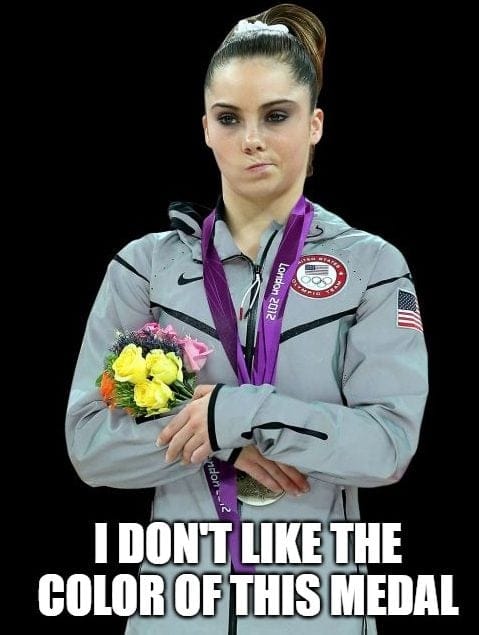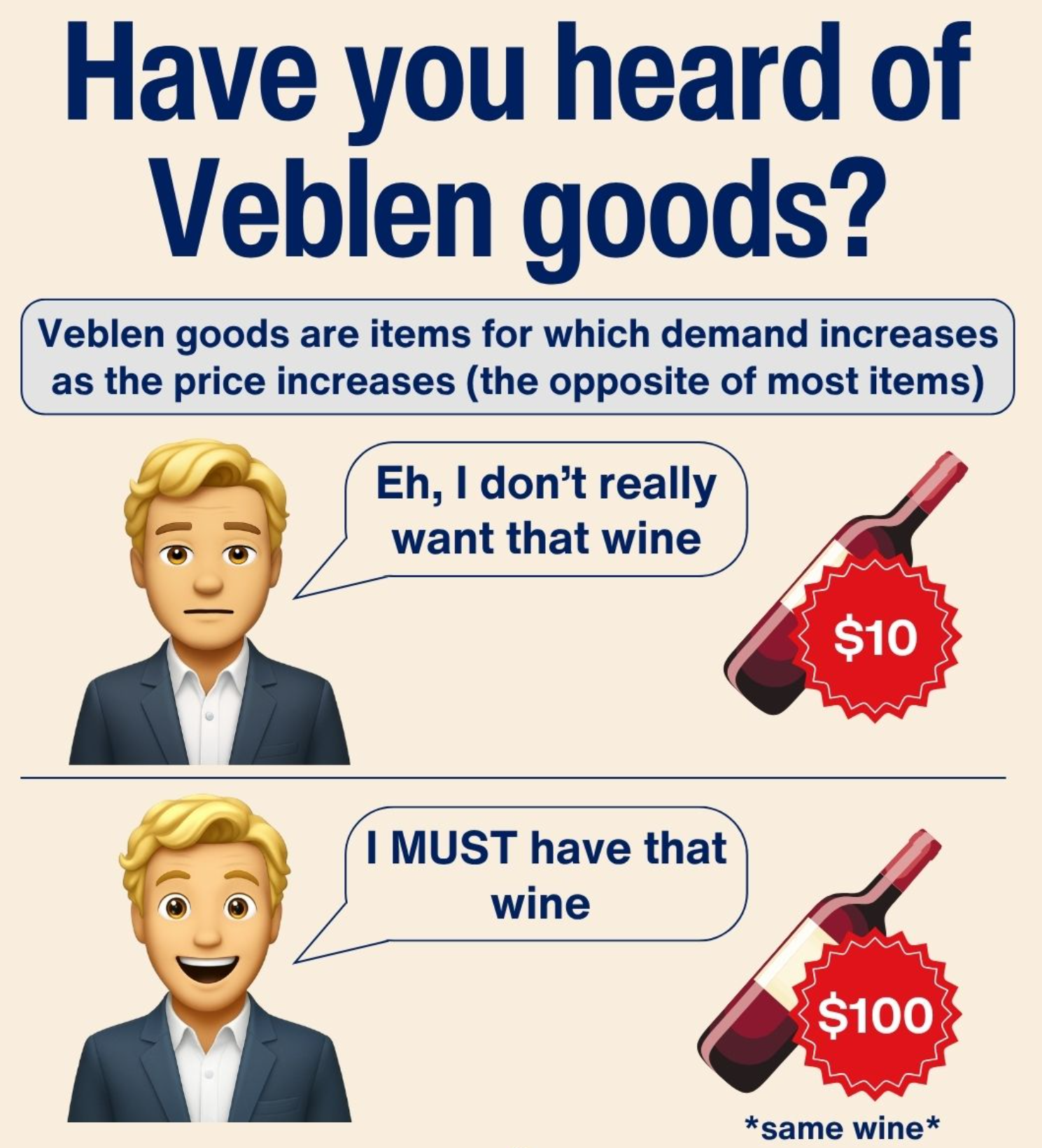The hidden psychology behind choices you make

I grew up thinking I was pretty rational. Smart enough to make good choices, logical enough to avoid obvious traps. Last week I got early access to an online course "Behavioral Science for Life" which made me realize my brain has been playing tricks on me for decades.
The course format is chapters starting with a conversation between Chris Rawlinson and behavioral economist Prof. Dan Ariely (the guy who wrote "Predictably Irrational."). There are dozens of useful links throughout the course, and there is even access to a Custom GPT for "Virtual Dan Ariely" who can answer your queries. What I learned changes how I view many decisions I make.
Your Stone Age Brain in a Digital World
Here's the problem: your brain evolved in a much simpler environment. It's wired for survival when food was scarce and threats were immediate. But now it's trying to navigate the 24/7 news cycle, endless food options, and a thousand daily choices it was never designed to handle.
This is called "evolutionary mismatch," and it explains why you check your phone compulsively, why you can't resist that third slice of pizza, and why you procrastinate on important projects while binge-watching Netflix.
The Hidden Forces Shaping Every Choice
The course revealed something called "choice architecture" - the idea that what's out of sight is truly out of mind. If you keep temptations visible, you'll succumb to them. But it goes deeper than that.
You would walk four blocks to save £8 on a £16 pen, because it is a 50% discount. But would you walk the same distance to save £8 on a £1,000 suit or dress? I'd be willing to bet you would not, even though it's the same £8.
This quirk explains why I once spent nearly $1,000 on a car stereo upgrade when buying my car, but would never consider spending that amount to upgrade an existing car's sound system. The context changes everything.
The Bronze Medal Secret to Happiness
Bronze medalists are usually happier than silver medalists. Think about it - the bronze medalist is thrilled they got a medal at all, while the silver medalist is devastated they missed gold. Same podium, completely different emotional experience.

This taught me something crucial: happiness isn't about your absolute position, it's about your point of reference. The course distinguished between two types of happiness: hedonic (pleasure from a beach drink - fleeting) and eudaimonic (satisfaction from completing a difficult challenge - lasting).
The Motivation Mix-Up That's Keeping You Stuck
Most people think motivation comes from big rewards at the end - extrinsic motivation.
“If you want to build a ship, don’t drum up the men to gather wood, divide the work and give orders. Instead, teach them to yearn for the vast and endless sea.” - Antoine de Saint-Exupéry, French writer and Aviator
But lasting power comes from finding joy in the process itself - intrinsic motivation. This connects to my philosophy that life is about the journey, not the destination. When you shift from asking "What will I get?" to "How can I enjoy this process?" everything changes.
Breaking Free from Your Biases
The course included a glossary of 16 brain quirks, including: loss aversion, social proof, present bias, status quo bias. Simply knowing these exist is half the battle. I was inspired to google and even bought "Essential Critical Thinking Skills" cards from Amazon to keep these biases top of mind. Comment on my blog and I'll gift a set to you ;)
Here's what's particularly insidious about our modern world: we think we're getting things "for free," but we're actually paying with our data. Companies gather our information to target us with ads designed to exploit these exact biases.
I regularly pay donations ($10 or even much more) for YouTube content, and support content creators via Patreon etc. It's because I psychologically feel I learn more when I paying for knowledge than just getting it for free. This reminds me:

Small Changes, Big Results
To beat procrastination and meet deadlines, the course suggested three strategies: create smaller, non-negotiable deadlines; commit publicly on social media; and when distracted, burn the bridges by going cold turkey on time-wasting apps.
The difference between a habit (brushing teeth on autopilot) and a ritual (savoring wine with intention) also struck me. Turning mundane activities into mindful rituals can transform your daily experience.
Why This Matters More Than You Think
Understanding these biases isn't academic exercise - it's practical wisdom for navigating modern life. Every purchase decision, career choice, and relationship interaction is influenced by these hidden forces.
The anchoring effect alone can save you a LOT in negotiations. The first price mentioned sets the mental comparison point, and any discount from there feels like a bargain.
Take Control of Your Decision-Making
I've long been fascinated by how practical psychology can improve daily life. My interest in Behavior Science grew during my six-week sabbatical, when I stumbled upon https://www.42courses.com. I learned from renowned marketing and advertising gurus like Rory Sutherland and Josy Paul, whose #ShareTheLoad campaign resonated with me.
The insights from this course have already changed how I approach choices, from what I keep visible in my environment to how I structure my goals.
If you're curious about upgrading your decision-making toolkit, I recommend checking out 42 courses. They offer this "Behavioral Science for Life" course and a couple of dozen others that can improve your ability to navigate life's complexities.
My discount code: 6126483-42 entitles you to 10% off any of the courses. If you are interested but not in a position to pay the MSRP of $500 for "Behavioral Science for Life" then just make an offer on what you can afford, and hopefully you will score an even better discount...
Bonus Productivity Tip:
I want to share that I use Wispr Flow dictation software to help transcribe my random thoughts into these blog articles. It's fantastic because it's not just like Apple Siri which captures your 'ums' and 'ahs', but it actually uses AI to correct spelling, eliminate errors. I highly recommend it. It works on both PCs and also on Mac or iPhones. Check out this video below.


